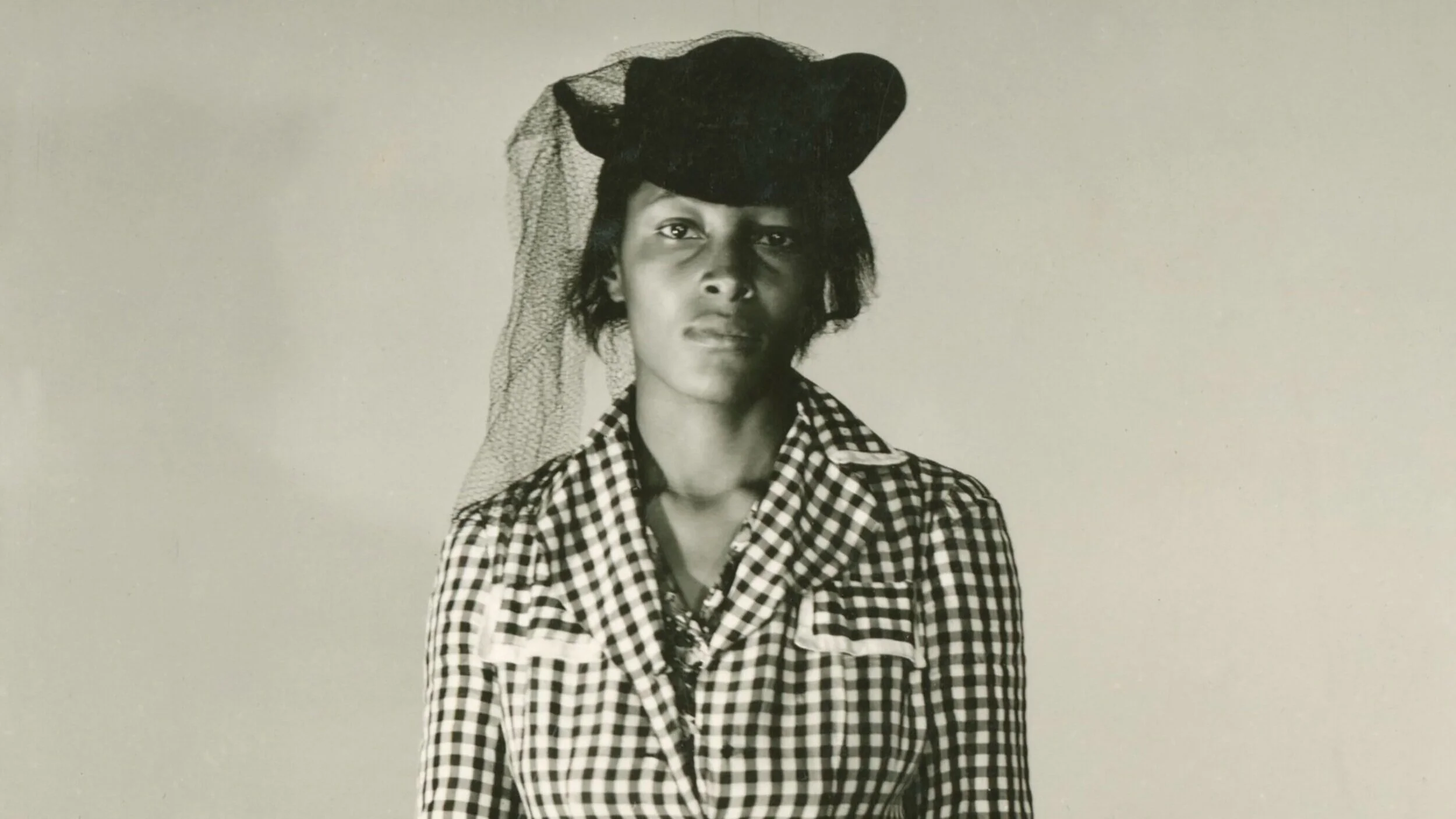The Rape of Recy Taylor
What this film wants to say is right on, but how it says it is not.
Oh dear: I wanted to praise this film but I can't. Nancy Buirski who wrote and directed so obviously has her heart in the right place that she may even escape censure from those who, taking an unnecessarily extremist view, might have asserted that a film about the tragic plight of black women raped by white men ought not to have been made by a white filmmaker. Nevertheless, in my book she commits a crime all the same. She does so by making a documentary which, although telling a story that cries out to be filmed and arrives at an aptly key moment for women's rights, is handled in a style that incorporates almost everything that I find off-putting in such a context.
In 1944 Recy Taylor, a 24-year-old black woman living in Abbeville, Alabama, married and with a child, became a victim twice over. She was kidnapped on leaving church by teenagers and taken into woods where she was gang raped and after that, having dared to speak out about it, she was to find that the colour of her skin made it impossible to obtain justice. That was so despite the endeavours of the noted activist Rosa Parks who was involved in setting up the Committee for Equal Justice for Mrs Taylor. It's a story that continues to resonate and Buirski understandably wants to honour both the bravery of Recy Taylor and the persistence of Rosa Parks placing that in a context which has its historical roots in the slavery of the plantations but would eventually lead to the Civil Rights Movement.
Of those who bear witness in this film including most prominently Recy Taylor's brother and sister, two have since died and there is limited footage dealing directly with the case. This suggests that the story would best have been told with actors. Going in the opposite direction, Buirski adopts an arty style to elaborate the telling of the tale. At times scenes from old films about racial abuse are incorporated although fitting only vaguely into the narrative while, in contrast, present-day shots in colour fancifully represent the crime scene with overhead shots of trees and the like. Even more self-conscious are the frequent examples of one shot being seen superimposed on another for no good reason. Meanwhile for the greater part of the film the words of the interviewees, much better left to stand on their own, are backed up by an inappropriate music score. On one occasion, this even extends to words being accompanied not just by the score but simultaneously by a negro spiritual. Quite apart from all that, Buirski's attempt to tell something of Rosa Parks's story as well as that of Recy Taylor while also looking forward a decade to incorporate references to the Montgomery, Alabama bus boycotts of the mid-1950s brings up another point. The film would have gained from the presence of an off-screen narrator to give more shape and coherence to connected but diffuse material.
All of this is infuriating because it prevents us from responding wholeheartedly to Recy Taylor's story, one so illuminating of some of the worst aspects of American society. Instead, we are continually distanced by the tricksiness of Nancy Buirski's approach, which simply gets in the way. The presence of a local historian, Larry Smith, who even now seems uneasy in facing up to the facts suggests that all too little has changed, but it also leaves us wishing that the film had said more about the circumstances which in 2011 caused the Alabama Legislature to apologise for failing to prosecute Recy Taylor's attackers. There is a memorable film to be made about Recy Taylor, but this is not it.
MANSEL STIMPSON
Featuring Robert Corbitt, Alma Daniels, Crystal Feimster, Esther Cooper Jackson, James Johnson II, Danielle L. McGuire, Chris Money, Larry Smith, Recy Taylor.
Dir Nancy Buirski, Pro Nancy Buirski, Claire L.Chandler, Beh Hubbard and Susan Margolin, Screenplay Nancy Buirski, Ph Rex Miller, Blaire Johnson and Steve Pearce, Ed Anthony Ripoli.
Augusta Films-Modern Films/Munro Films.
91 mins. USA. 2017. Rel: 25 May 2018. Cert. 15.


